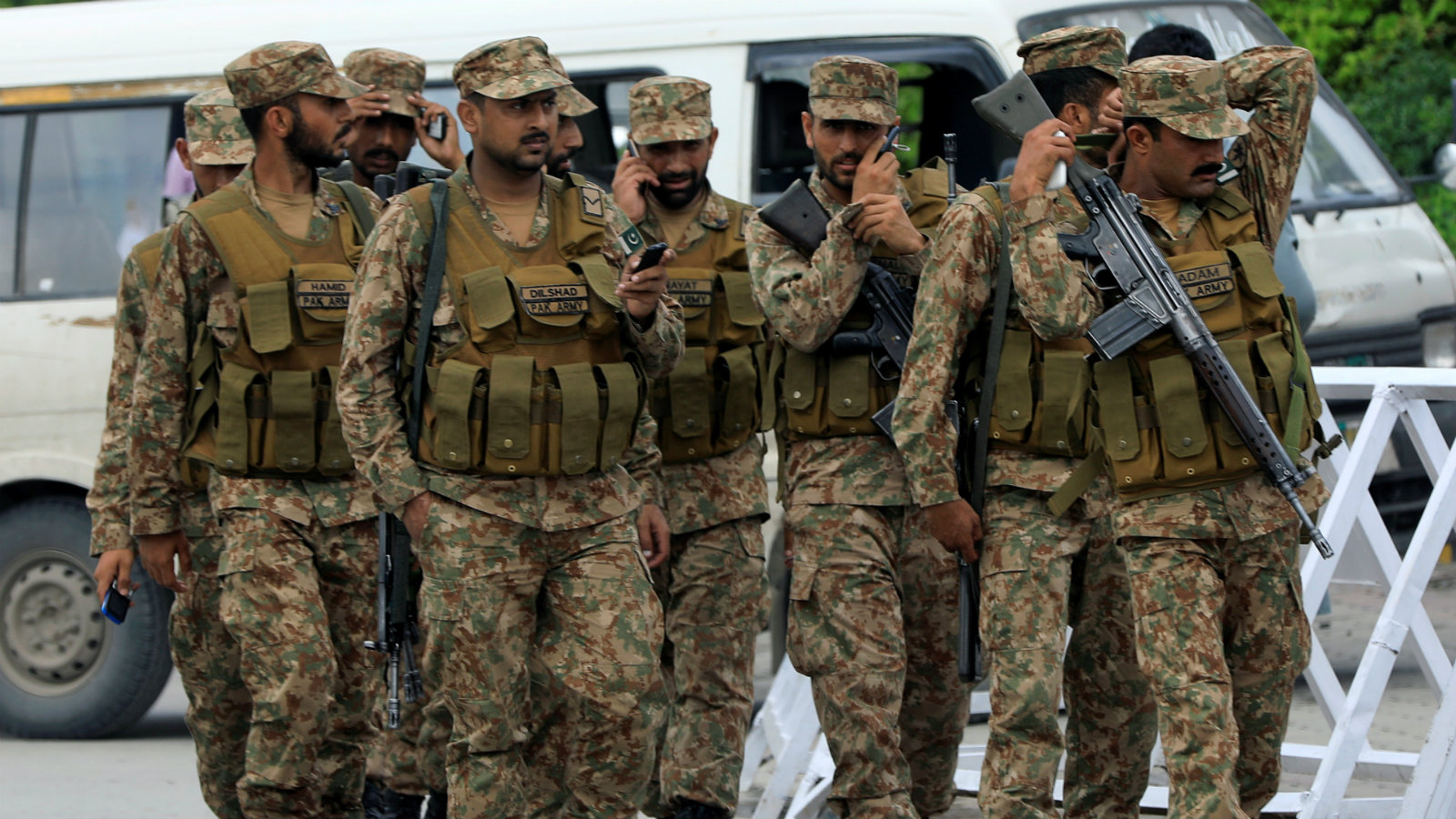A Stanford University study revealed that a pro-Indian army covert Twitter influence operation that was earlier this year suspended by the social network had been disseminating information against the Pakistan Army and attempting to highlight the Indian military’s alleged successes in India-held Kashmir.
According to one of the accounts, the Stanford Internet Observatory research, “#ISPR has developed a #astonishing network of 4000-strong highly qualified #Information Warfare professionals during the previous decade through a well-designed internship program that is directly controlled by #ISI.”
The Stanford Internet Observatory described the strategies the network used, the narratives it was pushing, and any potential connections the network may have had with the Chinar Corps—a division of the Indian army that operates in occupied Kashmir—in a paper titled “My Heart Belongs to Kashmir: An Analysis of a Pro-Indian Army Covert Influence Operation on Twitter” published on Wednesday.
The research team cited Indian news articles that showed social media giants Twitter, Facebook, and Instagram temporarily suspending official accounts of the Chinar Corps for “coordinated inauthentic behavior,” despite the fact that Twitter has not publicly linked the network to any actor and that the open source evidence prevented them from doing so.
It further points out that the Twitter network’s content supports the Chinar Corps’ goals by “praising the work of the Indian Army in India-occupied Kashmir” and that the corps’ official account, @ChinarcorpsIA, is the network’s seventh-most-mentioned or retweeted account.
Prior to Twitter suspending “at least half of the network” in March 2022 for breaching their Platform Manipulation and Spam Policy, the network was at its most active. Twitter claimed that India was the network’s presumed place of origin.
In addition to English, the network also tweeted in Hindi and Urdu.
The accounts in it claimed to be proud Kashmiris and relatives of Indian soldiers, and their bios commonly stated that they were in held Kashmir. “Proud Indian and Proud Kashmiri, according to one bio. My soul, my heart, and my life belong to India, but they all belong to humanity.”
According to the investigation, two accounts existed to specifically target people who were seen as foes of the Indian government, and popular hashtags dealt with Kashmir and the militaries of India and Pakistan.
Profile pictures from other websites were frequently used by the accounts.
The investigation found that both legitimate and suspended accounts were mentioned in the suspended network’s tweets, including local journalists, Baloch politicians, and Indian politicians. Which Balochistan politicians the network had tweeted about were left out of the paper?
Tweets tagging journalists “attempted to target the reporter for what was portrayed as anti-India content,” the study said. “Tweets tagging journalists tried either to bring events to the attention of reporters or to bring the reporter to the attention of followers.”
In particular, two accounts in the network that “existed to target reporters, activists, and politicians in this fashion” are highlighted by the study. The accounts @KashmirTraitors and @KashmirTraitor1, as well as a related YouTube channel, “targeted specific individuals, focusing on what the account considered “anti-India” journalists, calling reporters “#whitecollarterrorist,” for example, and saying that they were trying to corrupt Kashmiris’ minds and taking money from Pakistan.”
The @KashmirTraitors account occasionally tagged the official Chinar Corps account, @ChinarcorpsIA, to call their attention to a discussion that was directed at a specific person.










